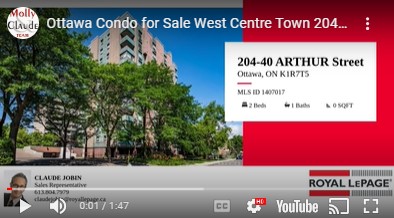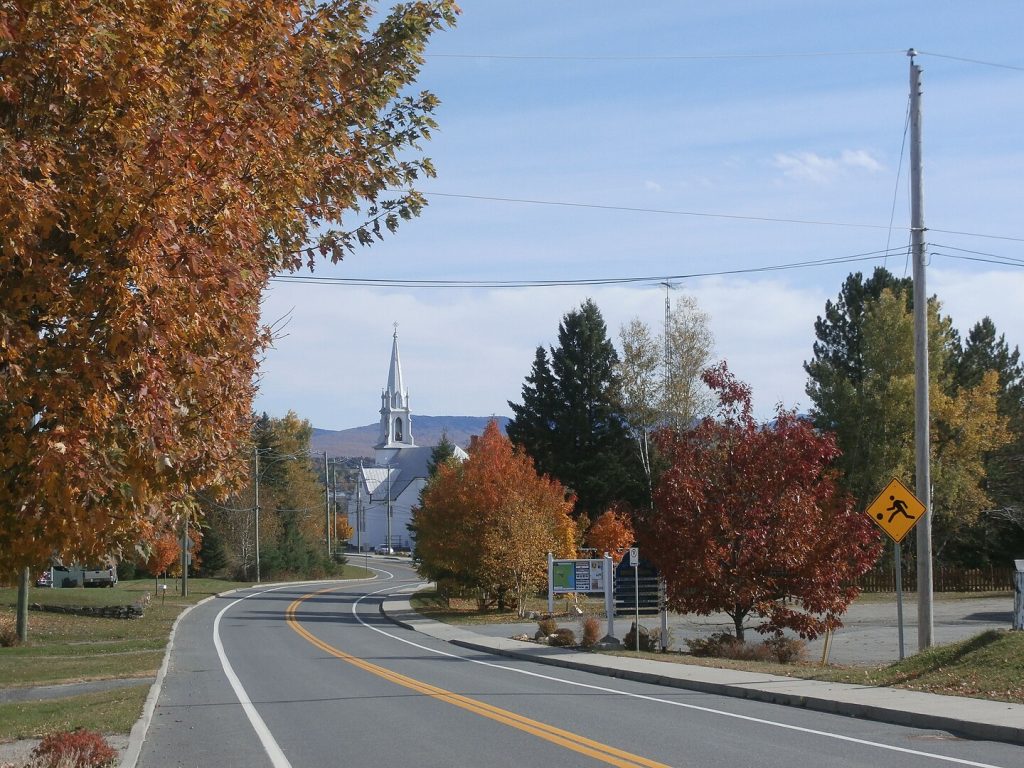(may need a moment to load)
In honour of Notre-Dame de Paris’ reopening this week-end, I propose a few reels. They are in French but the visuals speak for themselves. It is an extradordinary rebirth which had me in tears.
Du feu, aux travaux, à l’appréciation
The restoration of Notre Dame de Paris is a worldwide celebration for several reasons:
Historical Significance: Notre Dame is an iconic symbol of French heritage and Gothic architecture. Its restoration marks the preservation of a significant piece of world history.
Global Support: The fire in April 2019 shocked people worldwide, and the subsequent restoration efforts received donations and support from across the globe. This international involvement has fostered a sense of global community and shared responsibility.
Cultural Impact: Notre Dame is not just a religious site but also a cultural landmark. Its reopening signifies the revival of a place that has hosted countless historical events, art, and music over centuries.
Symbol of Resilience: The successful restoration, completed in just five years, is a testament to human resilience and ingenuity. It shows that even after devastating events, communities can come together to rebuild and restore what was lost.
Unity and Hope: The reopening ceremony brought together world leaders, religious figures, and citizens, symbolizing unity and hope. It’s a reminder that despite differences, people can unite for a common cause.
The celebration is not just about the physical rebuilding of the cathedral but also about the restoration of hope, faith, and cultural pride on a global scale.
As we are in Paris, France the videos are in French – but I dont think it will take anything away from the appreciation
L’histoire
Un Poème
Le feu
Le plomb fondu
L’échafaudage
La Rosace
Une cloche
l’Orgue
Dépose d’un cintre arc boutant
Restauration et retour de lustres
Repose des vouivres
Galerie des chimères
La Stryge
Les vitraux
L’intérieur
À la porte
Les portes ouvrent
Les pompiers
La procession
La bénédiction de l’autel
Pharel Williams
Spectacle de son et lumière
Bach
Ottawa Real Estate News Release (OREB) – Ottawa’s MLS® Market Making Headway

December 9, 2024
The number of homes sold through the MLS® System of the Ottawa Real Estate Board (OREB) totaled 1,059 units in November 2024 — a slight dip down from the 1,179 units sold the month previous.
Home sales were 3.1% below the five-year average and 0.5% below the 10-year average for the month of November.
On a year-to-date basis, home sales totaled 12,882 units in November 2024 — an increase of 11.8% from the same period in 2023.
“Ottawa’s market is making headway on a long road back from the slowdown experienced in 2023,” says OREB Past-President Curtis Fillier. “Buyers have been slow to come back to the market while watching the interest rates lower, and some are waiting to see how new mortgage rules — the extended amortization period and the increased default insurance cap — coming into effect in December may redefine their purchasing power. Sellers have noticed that caution and those who can are likely holding on for a more active spring.”
“There will be the typical slowdown at this time of the year as people’s attentions turn to the holidays, and the snow starts to cover a property’s selling features,” says Fillier. “With prices holding steady and open houses getting traffic, though, people are keeping a close eye on opportunities.”
By the Numbers – Prices:
The MLS® Home Price Index (HPI) tracks price trends far more accurately than is possible using average or median price measures.
- The overall MLS® HPI composite benchmark price was $636,700 in November 2024, an increase of 1.5% from November 2023.
- The benchmark price for single-family homes was $722,400, up 2.1% on a year-over-year basis in November.
- By comparison, the benchmark price for a townhouse/row unit was $491,500, up 0.3% compared to a year earlier.
- The benchmark apartment price was $406,200, down 3.7% from last year.
- The average price of homes sold in November 2024 was $667,098 increasing 4.6% from November 2023.
- The more comprehensive year-to-date average price was $679,797, increasing by 1.2% from November 2023.
- The dollar volume of all home sales in November 2024 was $706.4 million, up 51.8% from November 2023.
By the Numbers – Inventory & New Listings
- The number of new listings saw a decrease of 7.3% from November 2023. There were 1,352 new residential listings in November 2024. New listings were 6.3% below the five-year average and 0.3% above the 10-year average for the month of November.
- Active residential listings numbered 4,036 units on the market at the end of November 2024, a gain of 38.2% from November 2023. Active listings were 72.8% above the five-year average and 44.3% above the 10-year average for the month of November.
- Months of inventory numbered 3.8 at the end of November 2024, compared to 4.0 in November 2023. The number of months of inventory is the number of months it would take to sell current inventories at the current rate of sales activity.
Open House
West Centre Town
204 / 304 / 404 / 901 / 1101
40 Arthur Street
Sunday, December 15
2PM to 4PM
Unit 204 – $409,900
Join us for an open house at 40 Arthur Street, where we are showcasing three distinct condo units, all offering over 1000 square feet of living space with large principal rooms. Each unit boasts a spacious living room/dining room area, adjacent to an open solarium, perfect for relaxing or entertaining.
Highlights:
- Updated Kitchens: These units feature ample cupboard and countertop space, with modern updates such as stainless steel appliances and granite countertops in some units.
- Bedroom Flexibility: The two generous bedrooms in each unit offer great versatility. The smaller bedroom is often used as the principal, while the larger one can serve as an office, den, or family room.
- Convenient Layout: A corridor provides privacy to the bedroom area, and each unit includes a powder room for convenience.
- Ample Storage: Plenty of closet space throughout each unit ensures you have room for all your belongings.
- In-Suite Laundry: Each unit comes equipped with in-suite laundry for your day-to-day comfort.
- Building Amenities: Enjoy the building’s fantastic amenities, including a sauna, library, gym, workshop, and a beautifully maintained garden.
- Prime Location: Situated on a quiet side street in West Centre Town, Chinatown, at the top of Nanny Goat Hill. You’ll have easy access to Little Italy, Lebreton Flats, and downtown.
Unit 304 – $469,900
Unit 404 – $459,900
Unit 901 – $2,800/month
Unit 1101 – $524,900
Home Price Growth to Normalize in 2025: Stability Returns to the Market

The Canadian real estate market is set to return to long-term stability in 2025, marking the end of an era of unpredictability. According to Royal LePage’s Market Survey Forecast, the national aggregate home price is anticipated to increase by 6.0% year over year in the fourth quarter of 2025, reaching $856,692.
Key Highlights of the Forecast:
1. Return to Long-Term Norms
- After several years of dramatic fluctuations driven by economic instability, the housing market is projected to normalize.
- This stability is primarily attributed to declining interest rates and revised lending rules, which enhance Canadians’ borrowing power.
- The median price of single-family detached properties is expected to rise by 7.0%, reaching $900,833.
- This segment of the market continues to show strong demand, especially in suburban and rural areas where buyers seek larger living spaces.
- Condominium prices are projected to grow by 3.5%, with the median price reaching $605,993.
- Condos remain an attractive option for first-time homebuyers and those looking to downsize, particularly in urban centers.
1. Interest Rates
- The forecast suggests a trend of declining interest rates, which is expected to alleviate some of the financial pressures on prospective buyers.
- Lower interest rates make mortgages more affordable, encouraging more people to enter the housing market.
- New lending regulations are designed to increase accessibility to homeownership.
- These changes are likely to boost consumer confidence and stimulate market activity, leading to steady price growth.
For Homebuyers:
- The forecasted price growth indicates that it might be a good time to invest in real estate, as home values are expected to appreciate steadily.
- Prospective buyers should take advantage of lower interest rates and explore the market for opportunities.
Sellers can expect a more predictable and stable market environment, making it easier to plan the timing and strategy for selling properties.
With prices expected to rise, sellers might achieve favorable outcomes by listing their properties in 2025.
Conclusion
The forecasted return to long-term norms in the Canadian real estate market is a welcome change for both buyers and sellers. As the market stabilizes, individuals can make more informed and confident decisions regarding their real estate investments. The anticipated 6.0% year-over-year increase in national home prices by Q4 2025 highlights the potential for steady growth and a more predictable market landscape.
Architecture – Canadian Architecture – Gothic Revival – Québec – Part 3
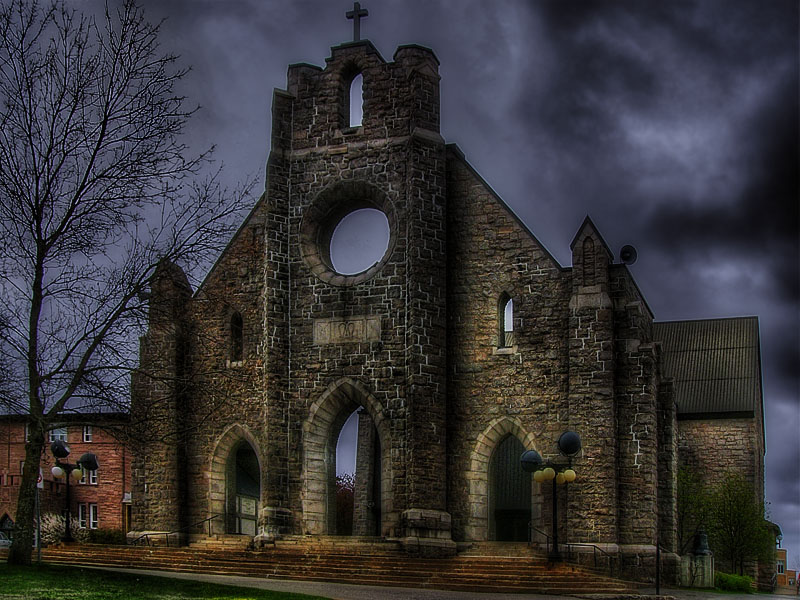
Notre-Dame-de-Fourvière Cathedral
Mont-Laurier, 1903
The Gothic Revival architectural movement in Québec isn’t just a stylistic chapter in the province’s history—it’s a narrative told through the spires, arches, and intricate details of its iconic structures. Here, we delve into some of the most remarkable examples of Gothic Revival architecture in Québec, highlighting their unique features and cultural significance.
Urban Marvels of Gothic Revival
In Québec’s urban centers, Gothic Revival buildings stand as monumental testaments to the grandeur of this architectural style.
- Notre-Dame Basilica, Montreal
One of the most famous examples of Gothic Revival architecture in Québec, the Notre-Dame Basilica boasts a breathtaking interior with vibrant stained glass panels that depict the religious history of Montréal. Its towering twin spires and ornate carvings reflect the European Gothic traditions while showcasing local craftsmanship. - Saint Patrick’s Basilica, Québec City
This basilica combines English Gothic influences with French-Canadian aesthetics, featuring ribbed vaults, intricate tracery, and a beautifully carved wooden interior. Saint Patrick’s is also noted for its acoustic properties, making it a popular venue for concerts and events.
Rural Québec’s interpretations of the Gothic Revival style provide a fascinating contrast to their urban counterparts, emphasizing simplicity and the use of local materials.
- Saint-Michel de Bellechasse Church
Located in a picturesque village, this wooden church exemplifies how Gothic Revival design was adapted for rural communities. Its pointed arches and steep rooflines are more subdued but maintain the style’s spiritual essence. - Saint-Thomas Church, Memphrémagog This wooden church is a striking example of Gothic Revival adapted to a rural setting. Its tall windows and intricate interior woodwork showcase the skill of local craftsmen, while its modest size reflects the community it serves.
- Redpath Hall, McGill University
This elegant building, constructed in 1893, incorporates Gothic Revival elements such as pointed windows and decorative stonework. It remains a hub of academic and cultural activities, reflecting the versatility of the style. - Le Château Frontenac, Québec City While predominantly a Châteauesque-style building, Gothic Revival elements are evident in its steeply pitched roofs and decorative spires. It illustrates how Gothic features were blended into other architectural styles in Québec.
Gothic Revival structures across Québec are more than architectural masterpieces; they are cultural landmarks that embody the province’s historical evolution. Whether it’s the grand cathedrals of Montréal or the modest wooden churches of rural communities, these buildings reflect the diverse influences and resourcefulness that define Québec’s identity.
By preserving and celebrating these structures, we honor not only the architectural achievements of the past but also the spiritual and cultural narratives they continue to represent. The Gothic Revival in Québec is a story of adaptation, resilience, and artistic triumph—a legacy as enduring as the structures themselves.
This concludes our exploration of Gothic Revival architecture in Québec, a style that continues to inspire awe and admiration for its timeless beauty and cultural significance.
Basilica Cathedral of St. Celicia
Salaberry-de-Valleyfield, 1935
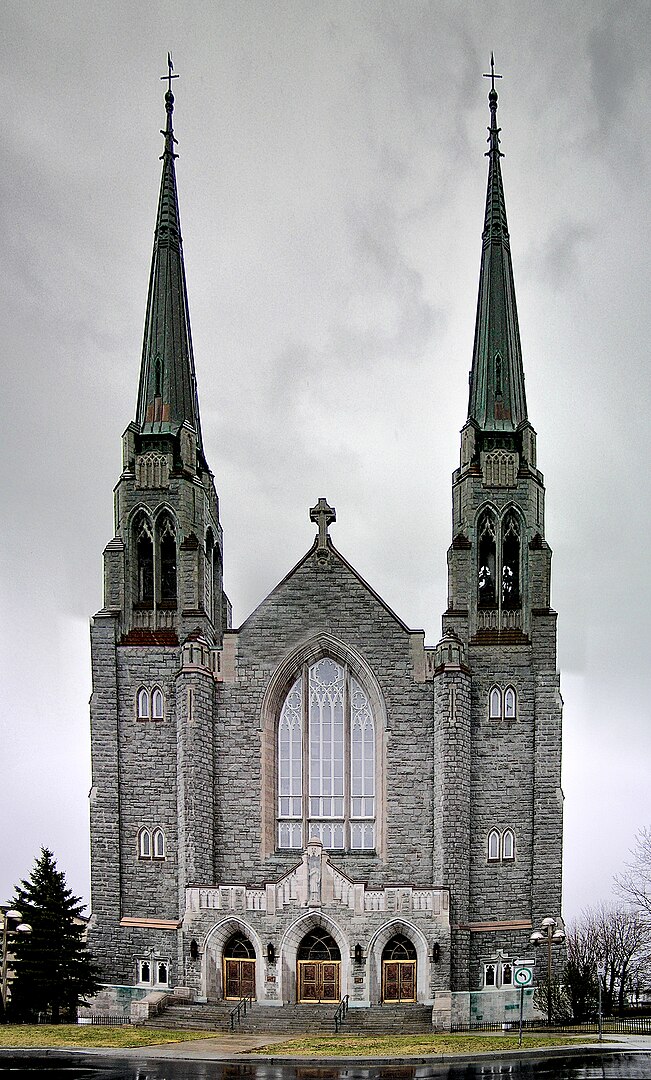
Holy Trinity Anglican Church
Irlande, 1904
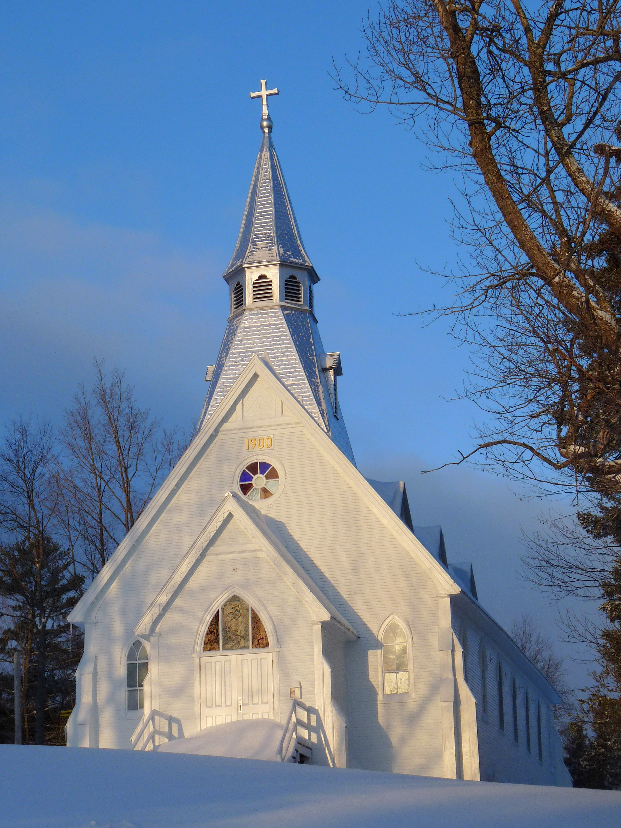
L’Enfant-Jésus Church
Vallée-Jonction, 1898
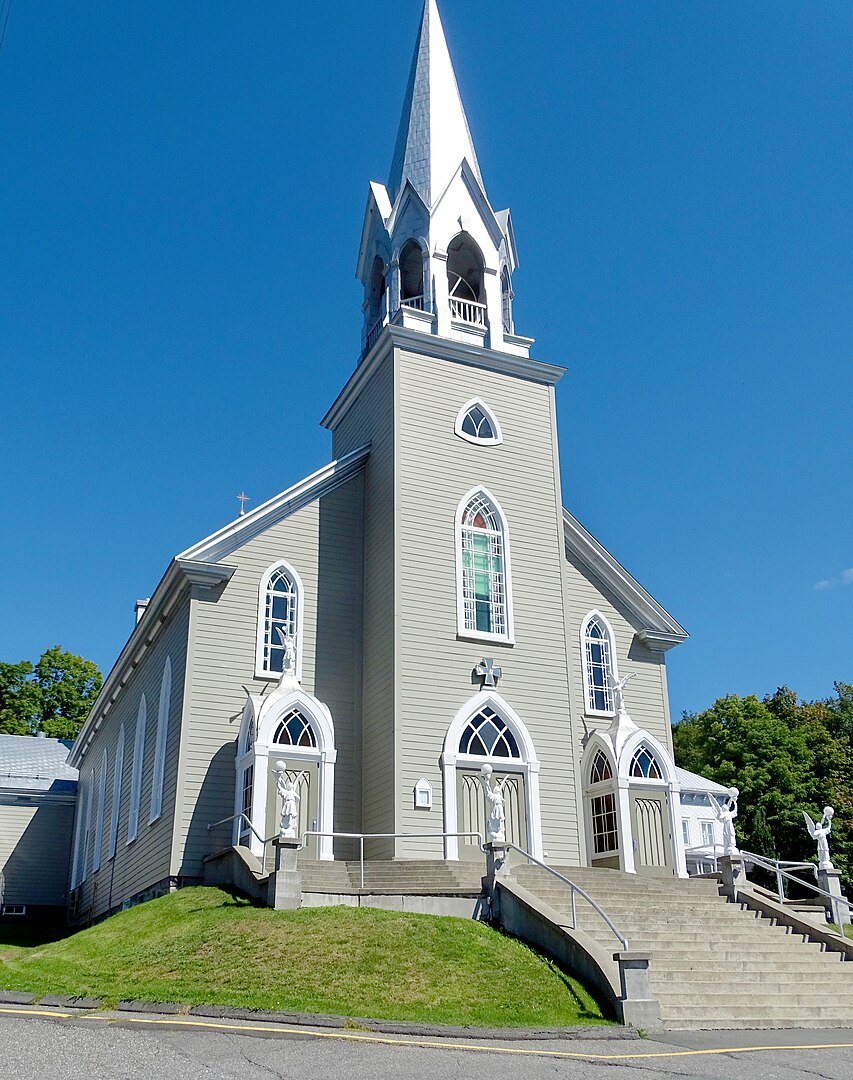
McGeer Hall, Bishops University
Sherbrooke, 1898

Sacré-Coeur Chruch
Saguenay, 1905
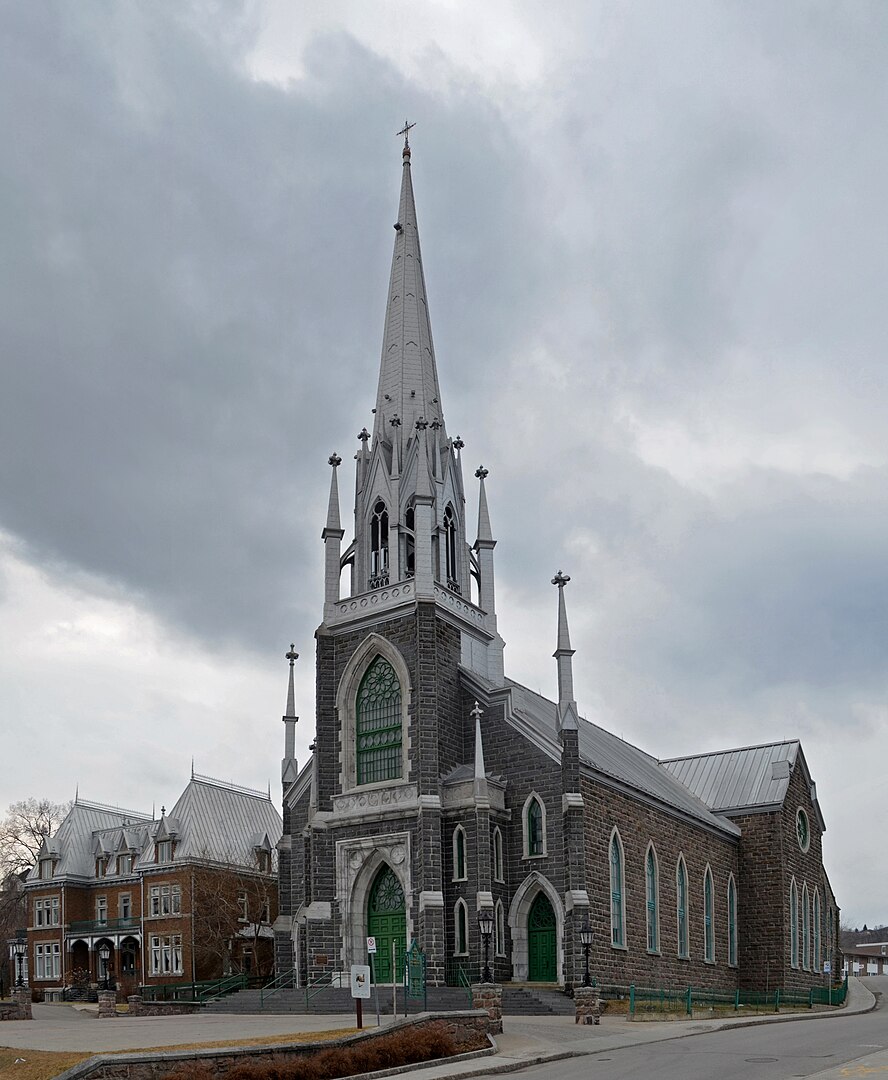
Sainte-Agnès Church
Lac-Mégantic, 1913
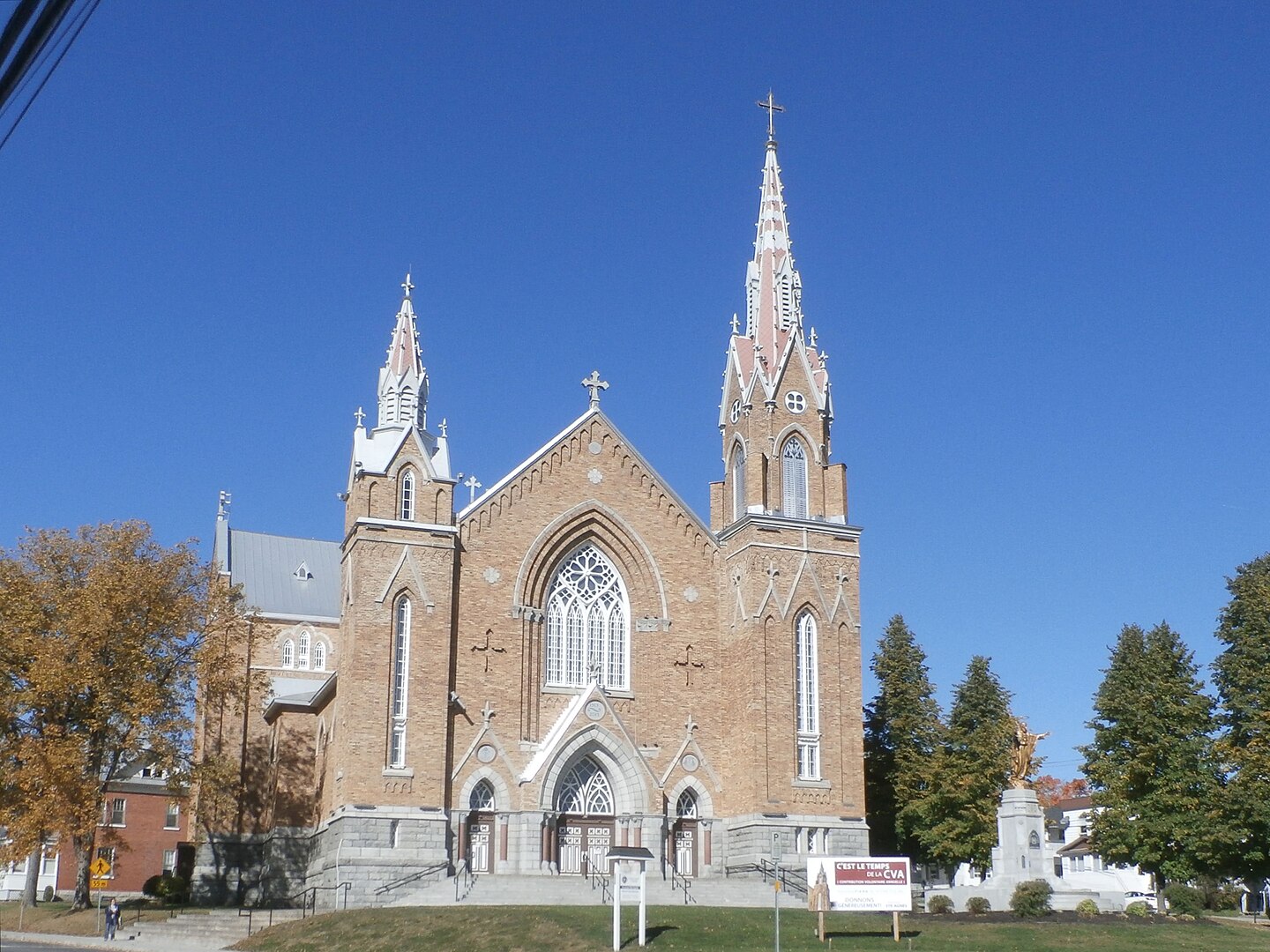
Saint-Édouard Church
Saguenay, 1928
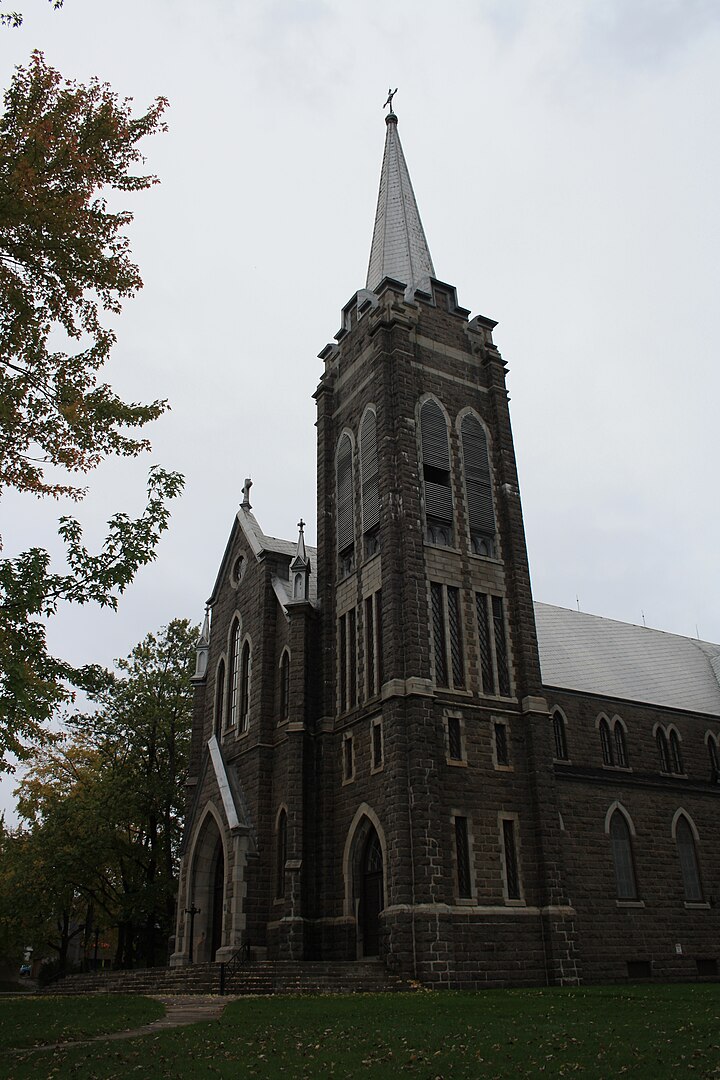
Sainte-Famille Church
Granby, 1931

Sainte-Julienne Church
Sainte-Julienne, 1916
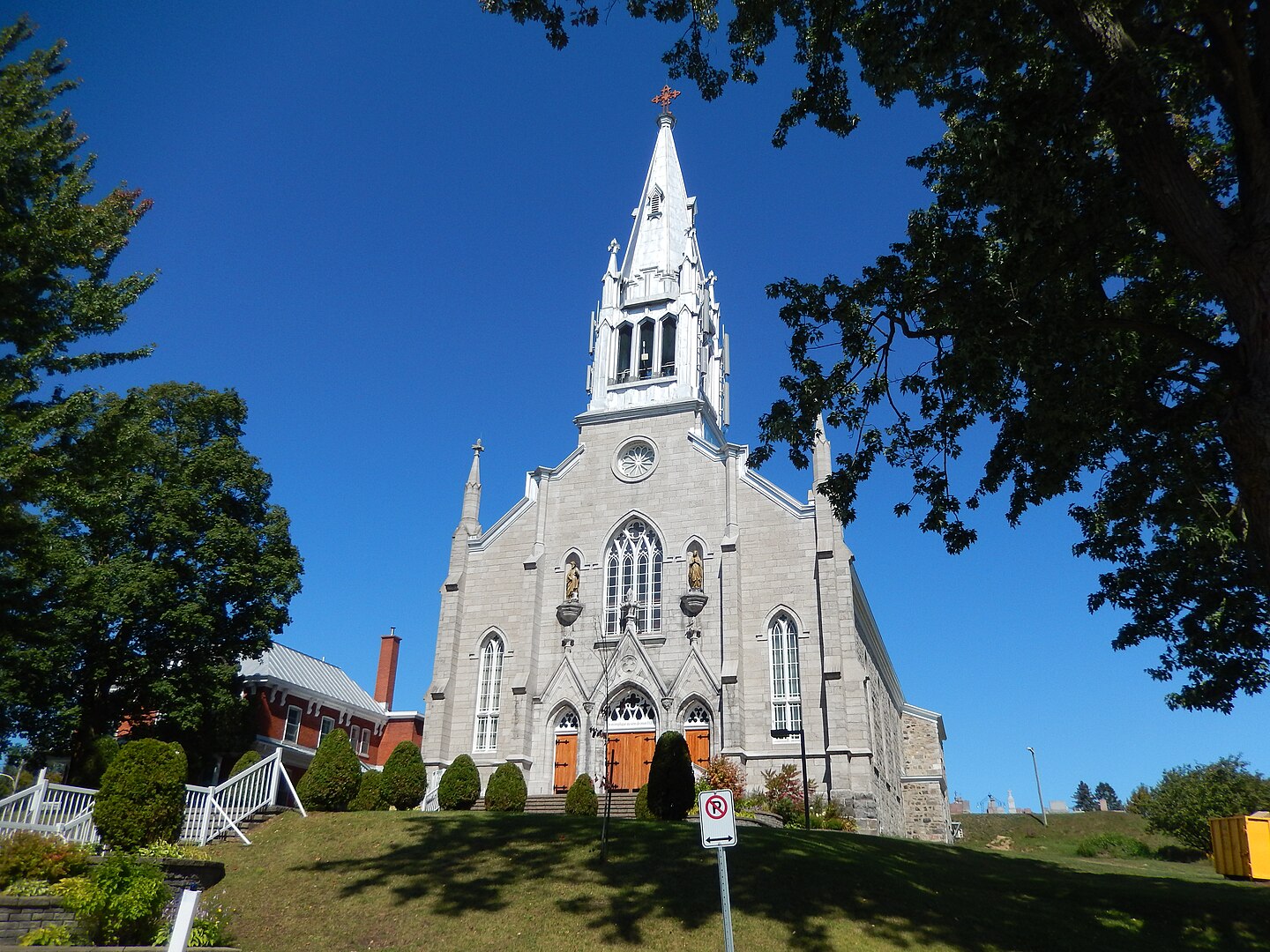
Saint-François-de-Sales Church
Gatineau, 1903
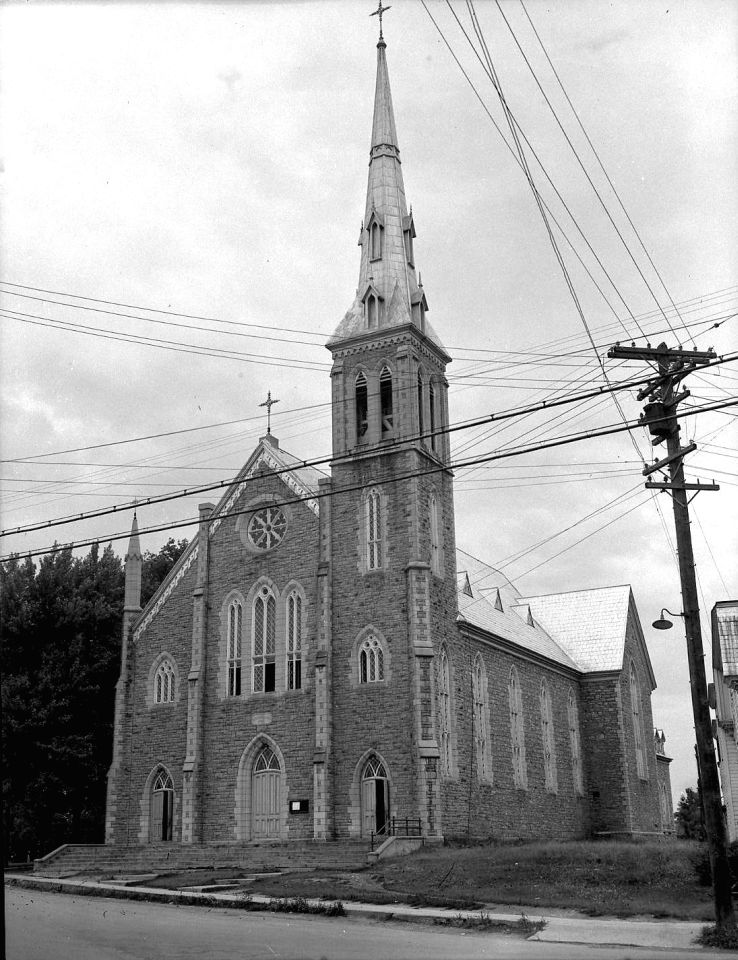
Saint-Isidore Church
Lac des Aigles, 1933
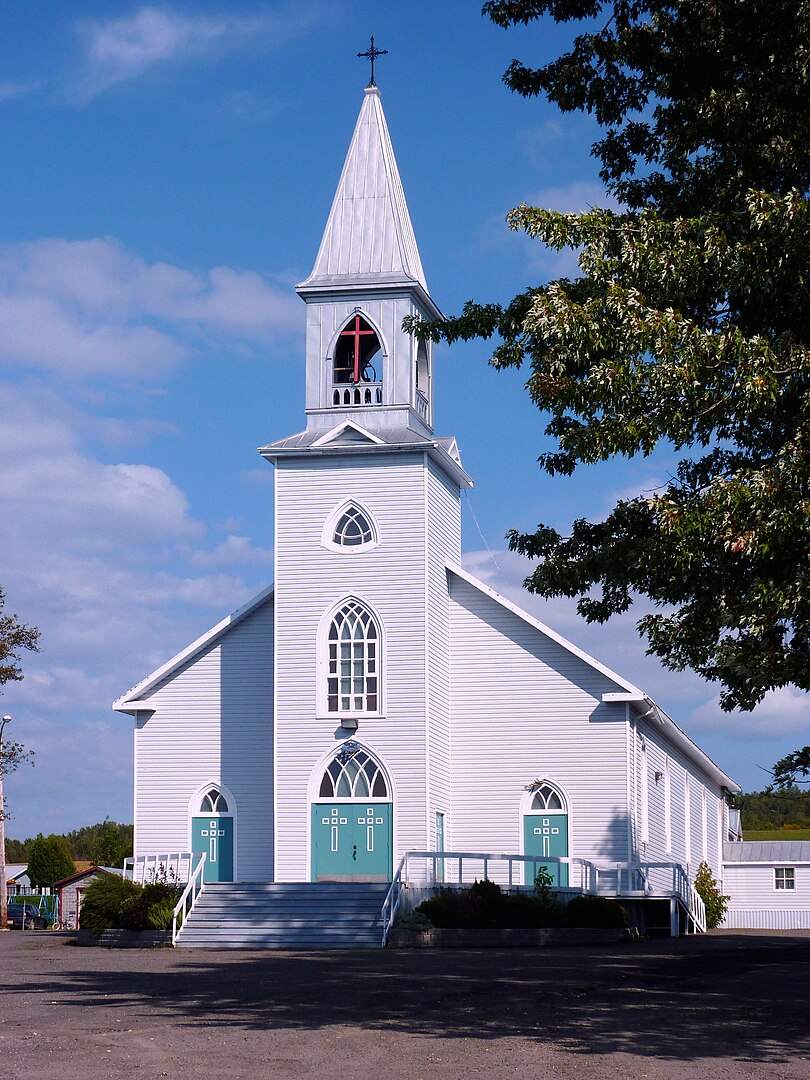
Saint-Jacques-le-Majeur Church
Causapscal, 1912
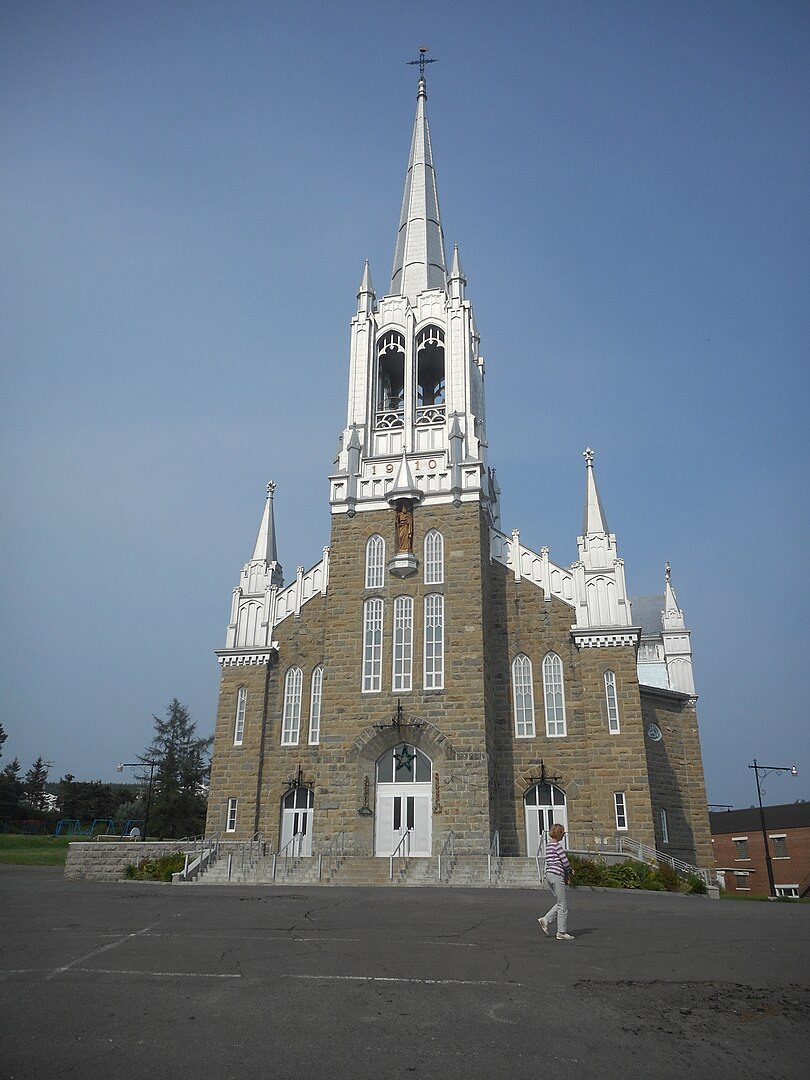
Saint-Jérôme Church
Métabetchouan-Lac-à-la-Croix, 1926
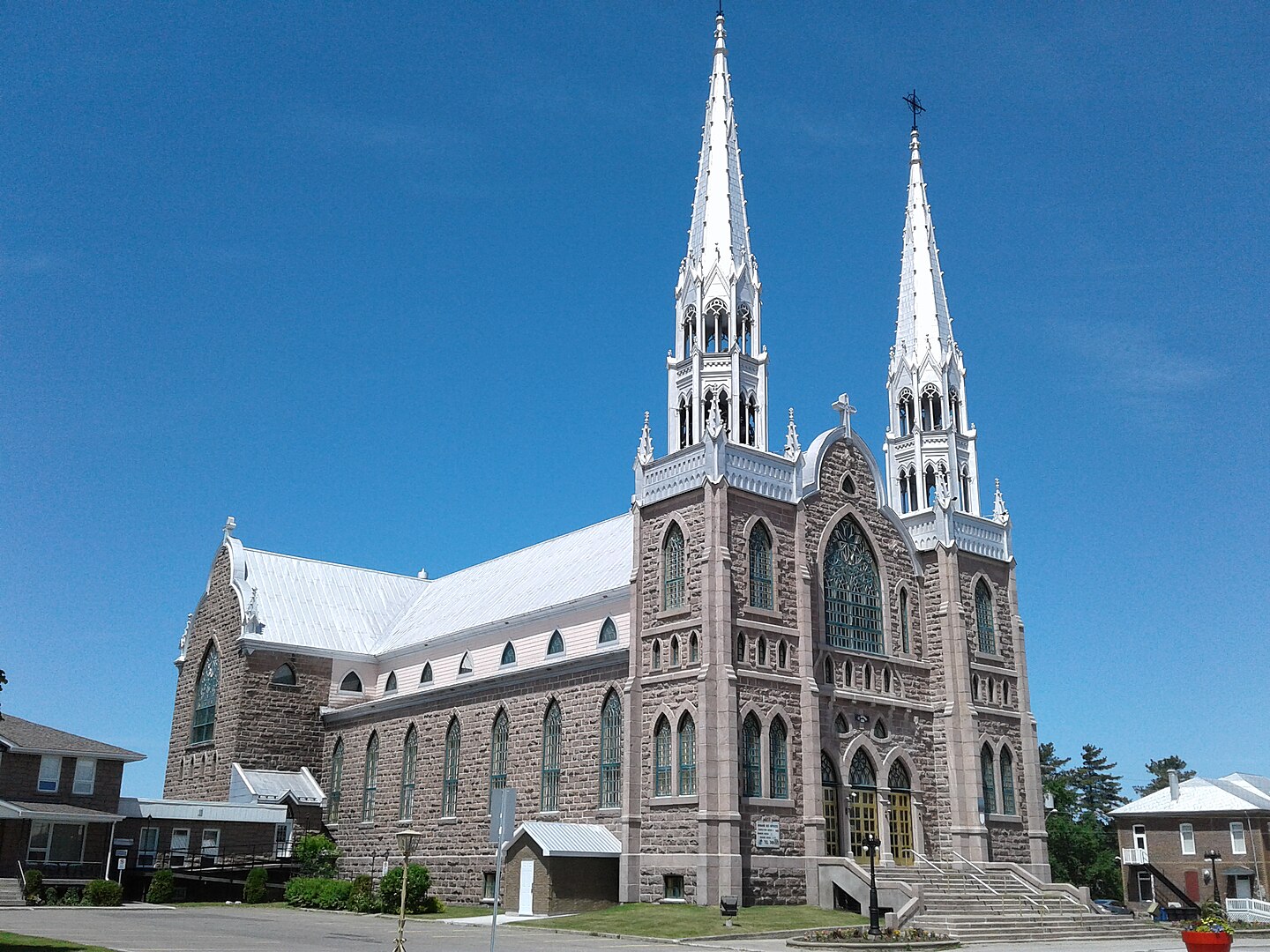
Saint-Laurent Church
Matapédia, 1903
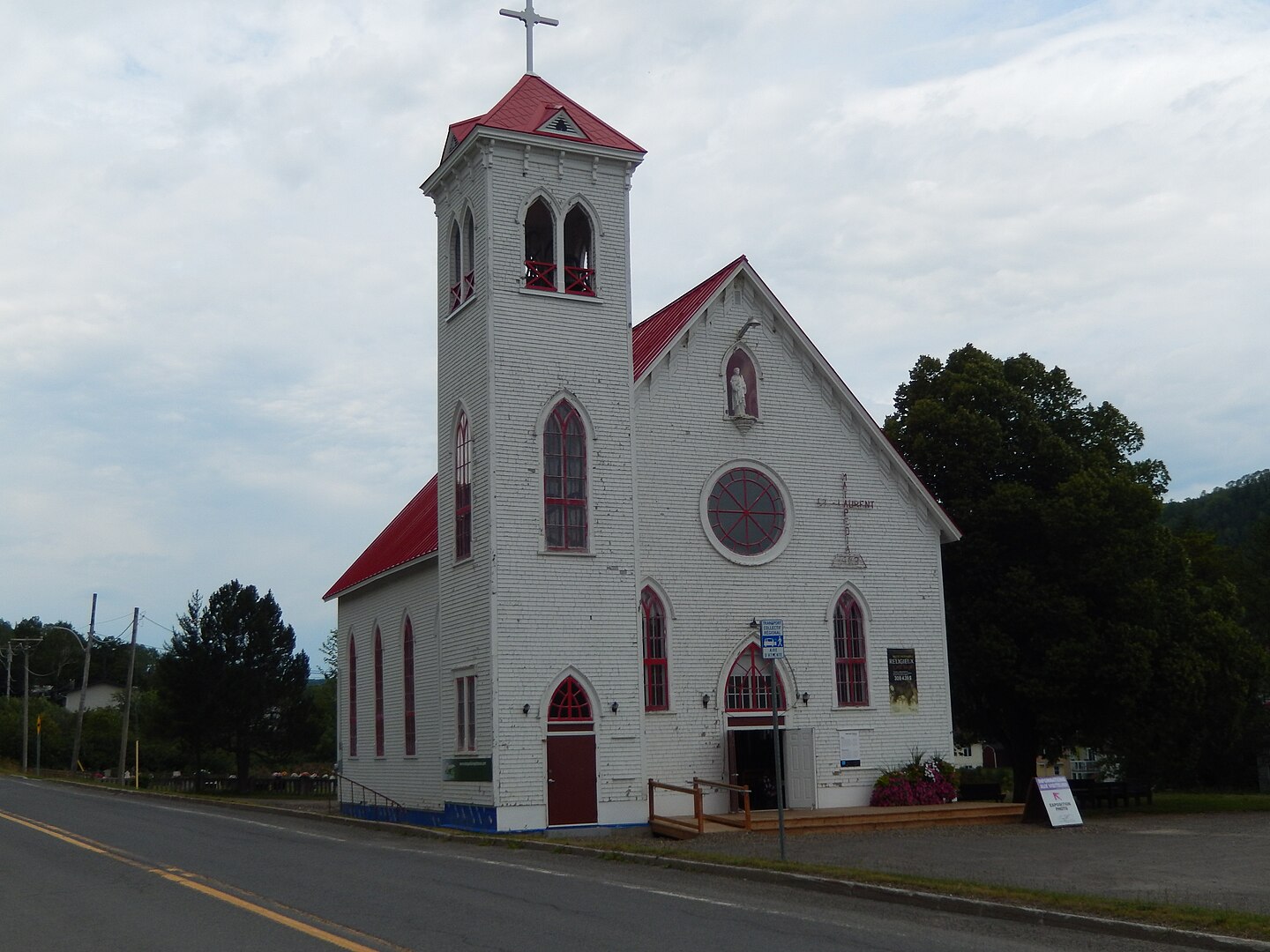
Saint-Louis-de-France Church
East Angus, 1923
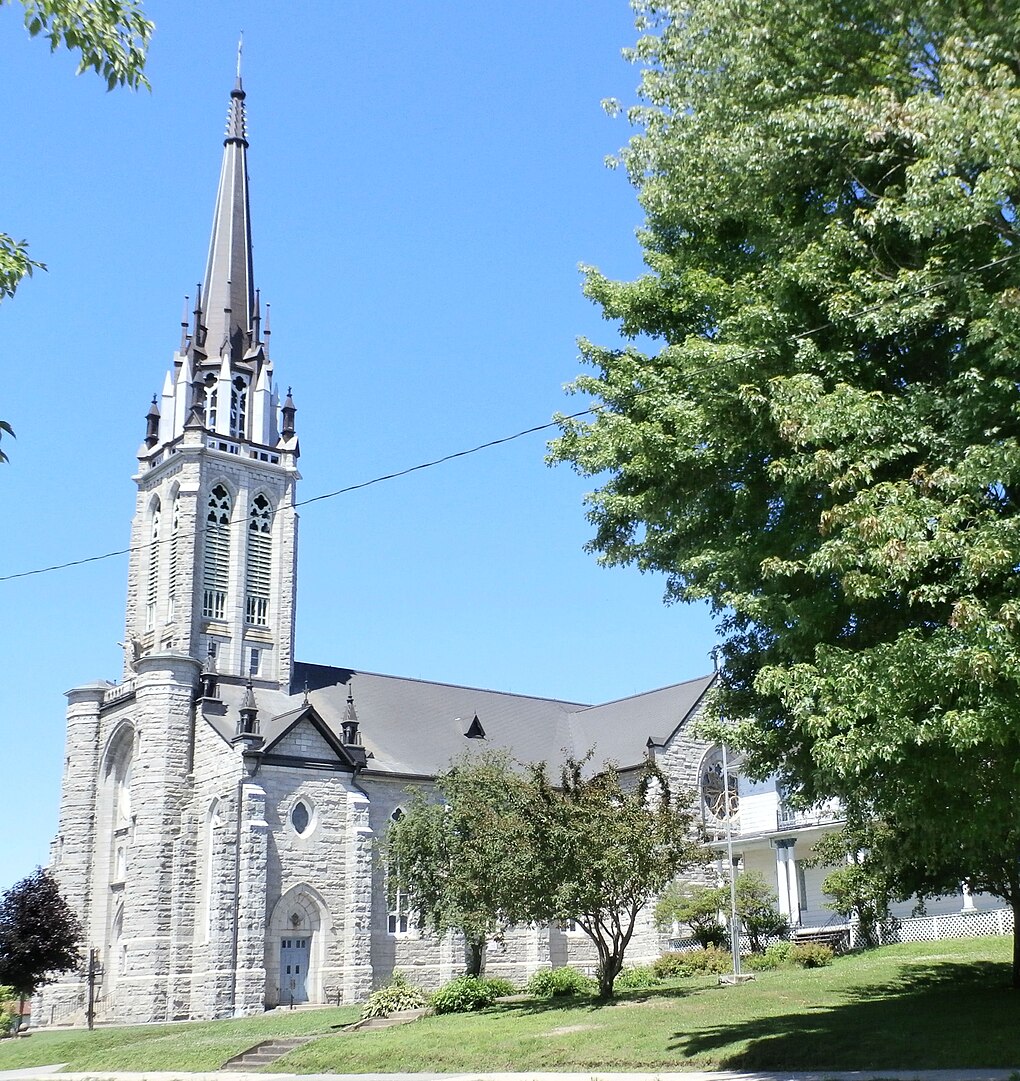
Saint-Michel Basilica-Cathedral
Sherbrooke, 1959
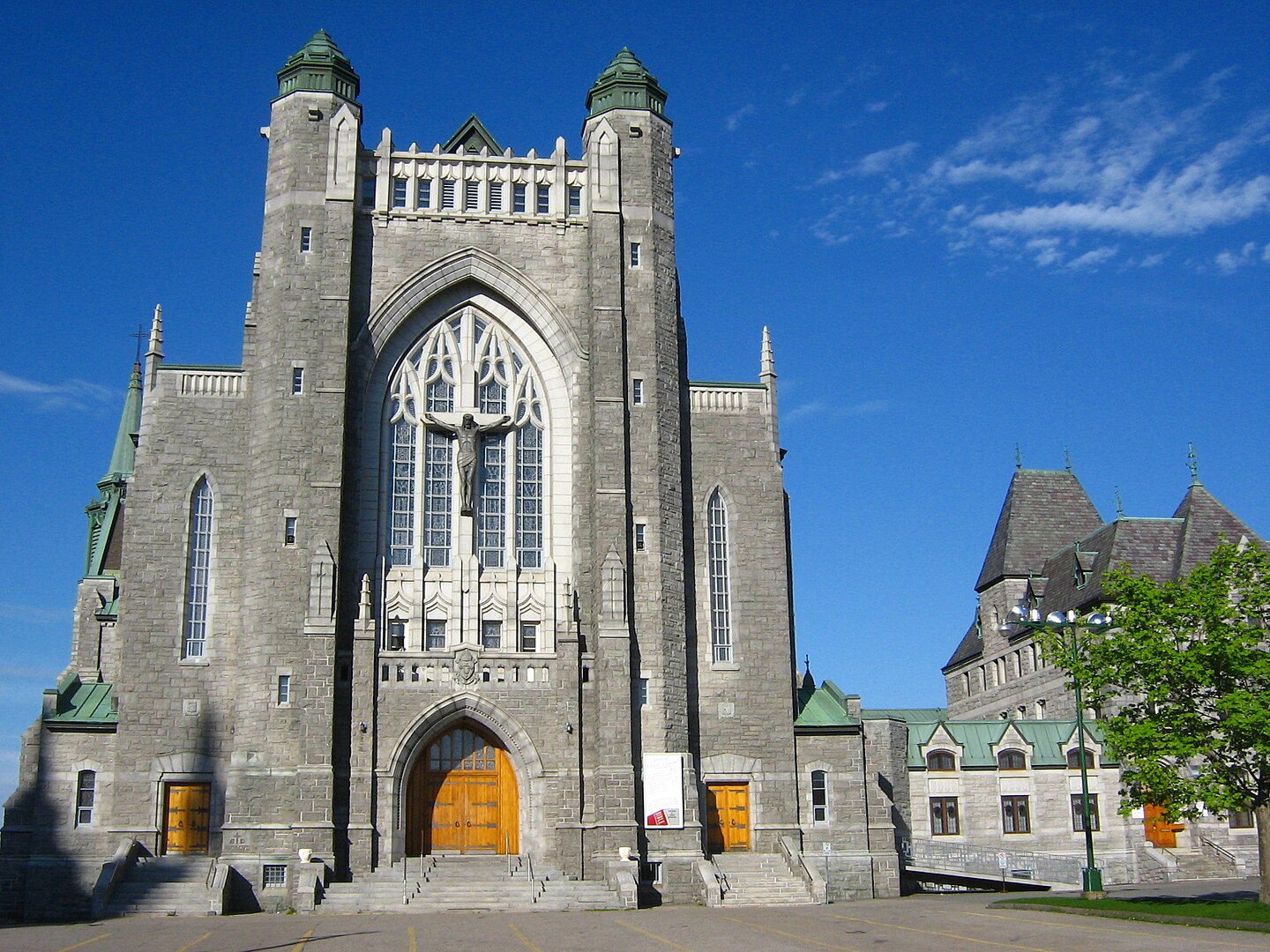
Saint-Pierre-du-Lac-de-Val-Brilland Church
Val-Brilland, 1916
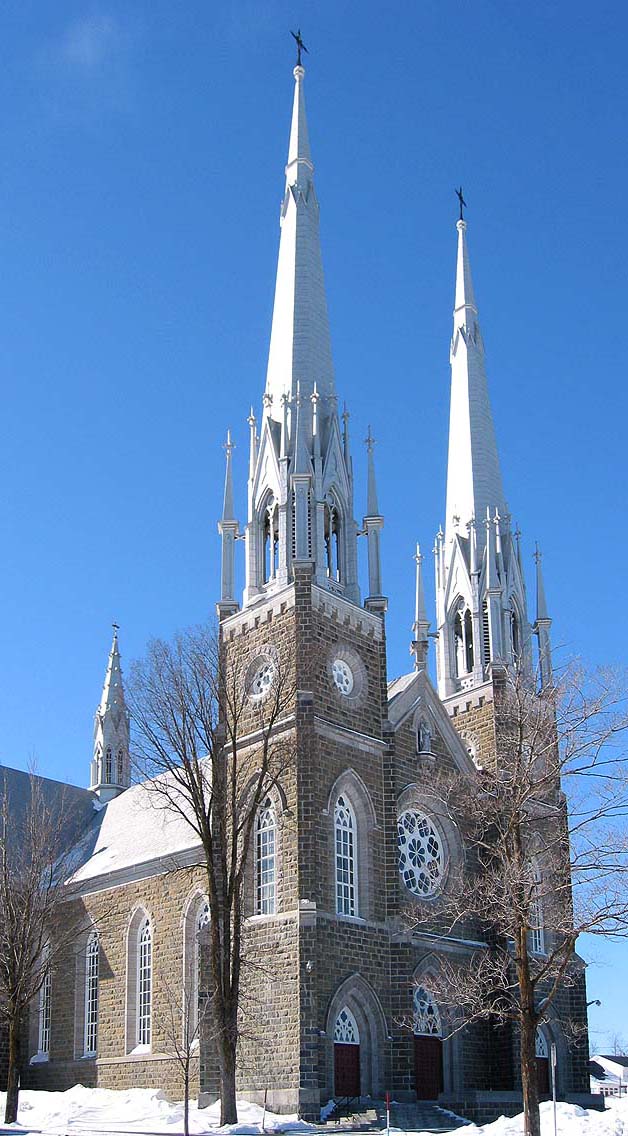
Saint-Prime Church
Saint-Prime, 1909
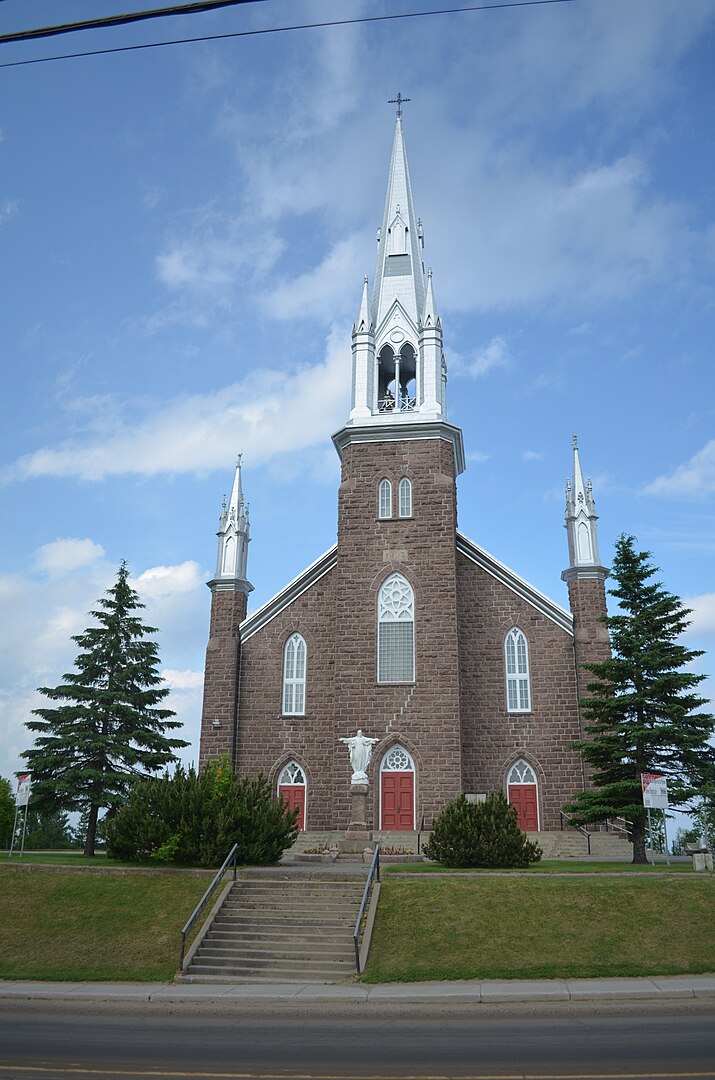
Saint-Zénon Church
Piopolis, 1909
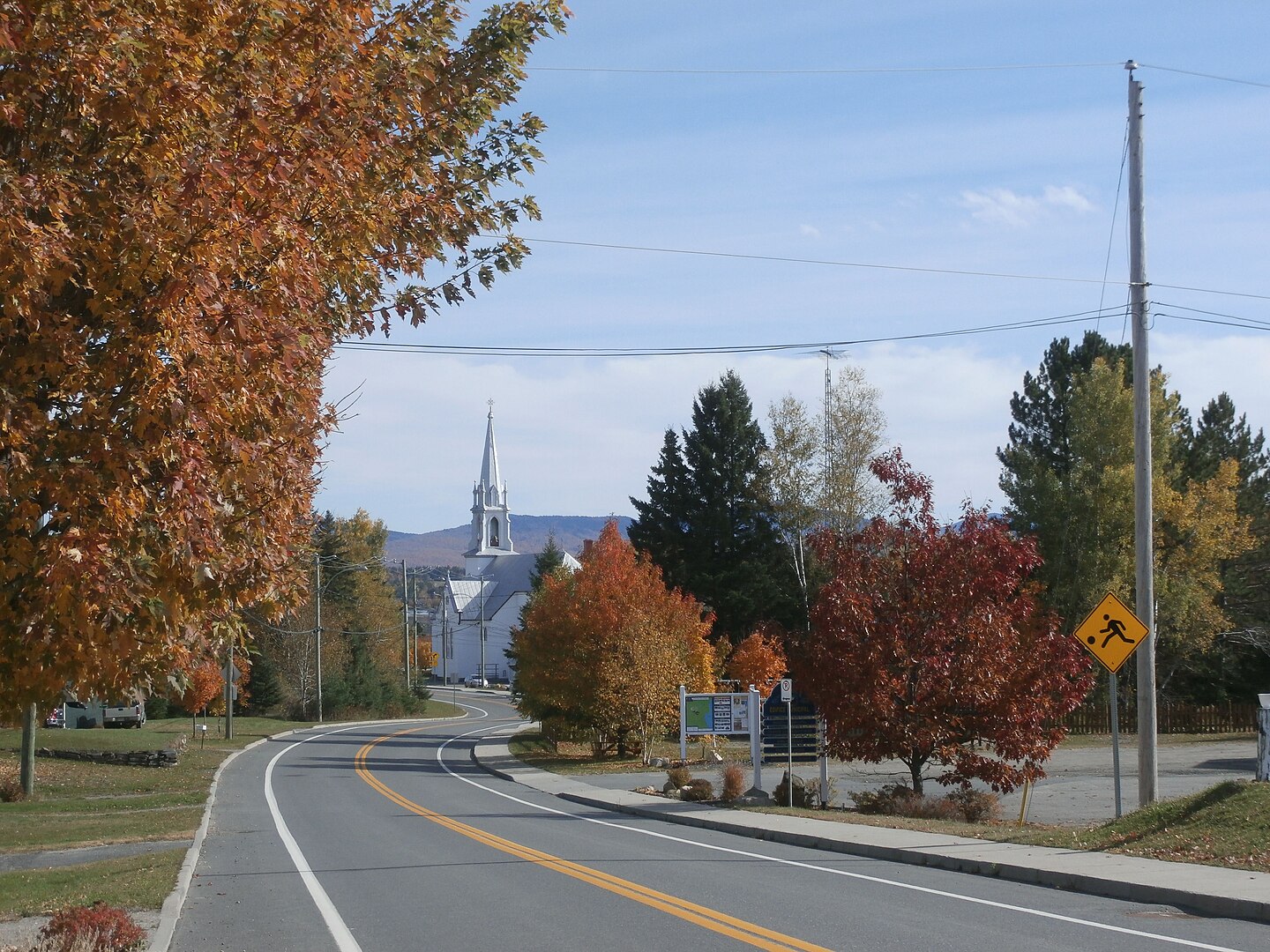
Séminaire de Sherbrooke
Sherbrooke, 1898
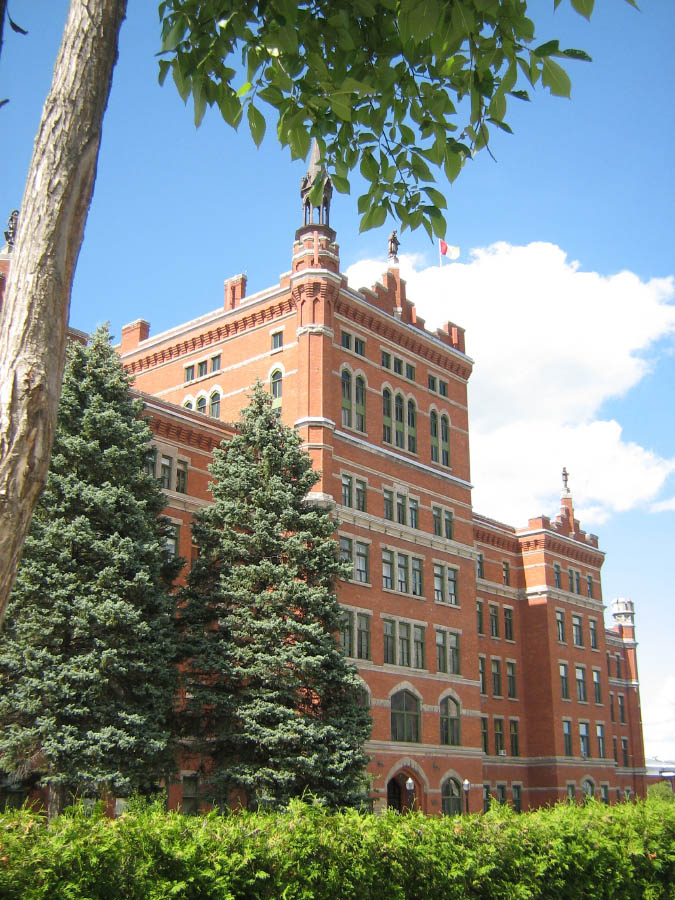
St. George Anglican Church
Granby, 1908
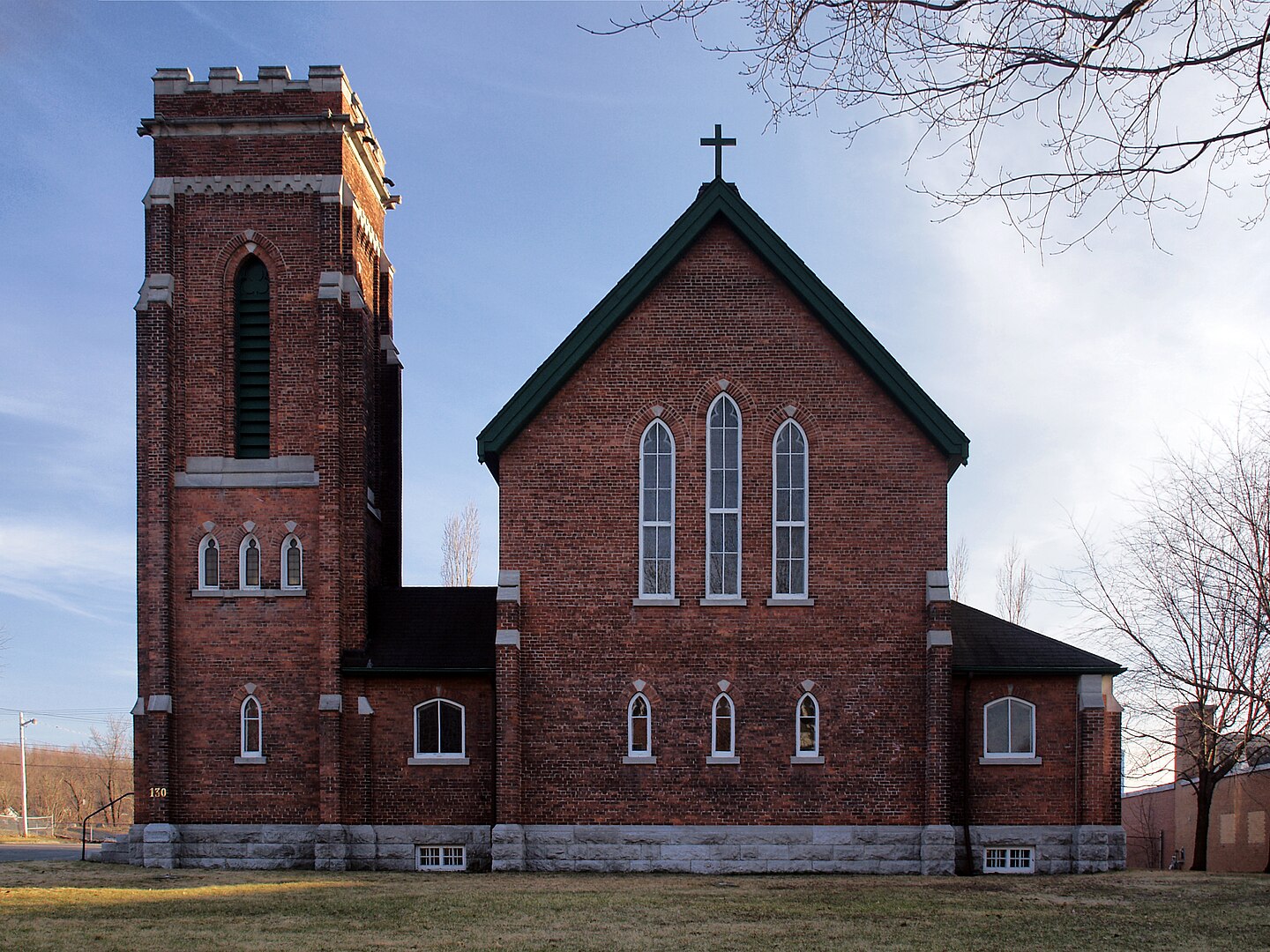
St. Paul Anglican Church
Dudswell, 1899
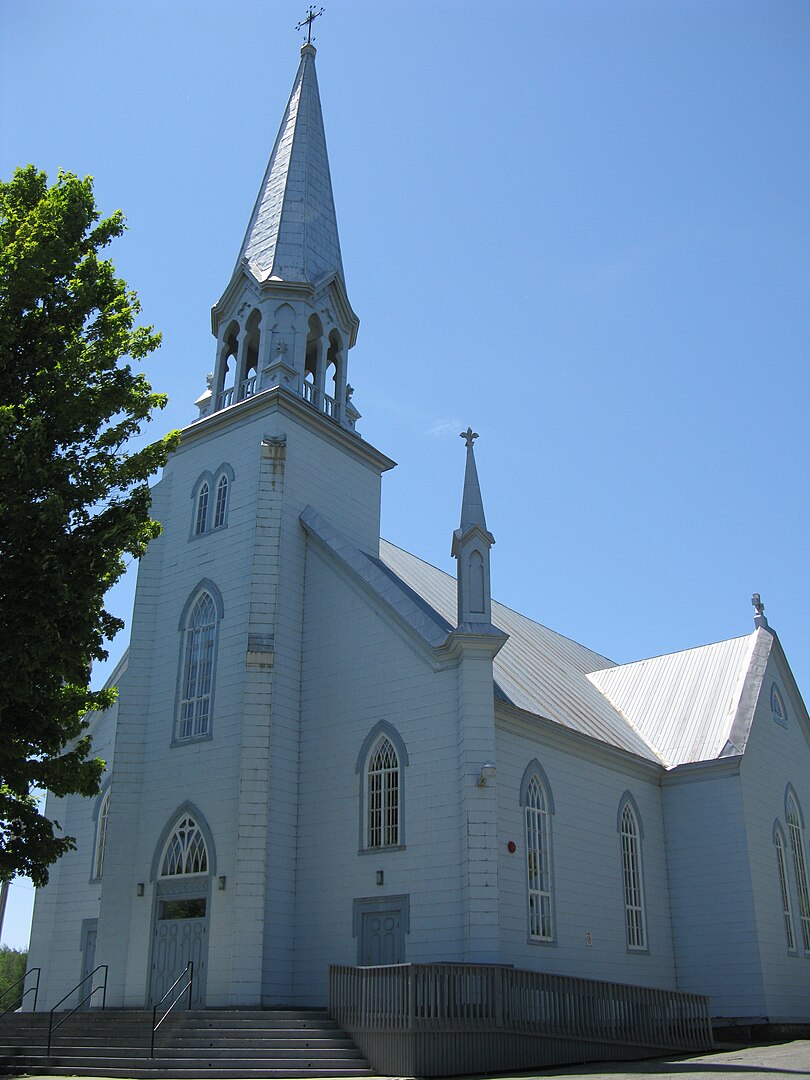
Giving Tuesday: A Time to Give Back to Our Community
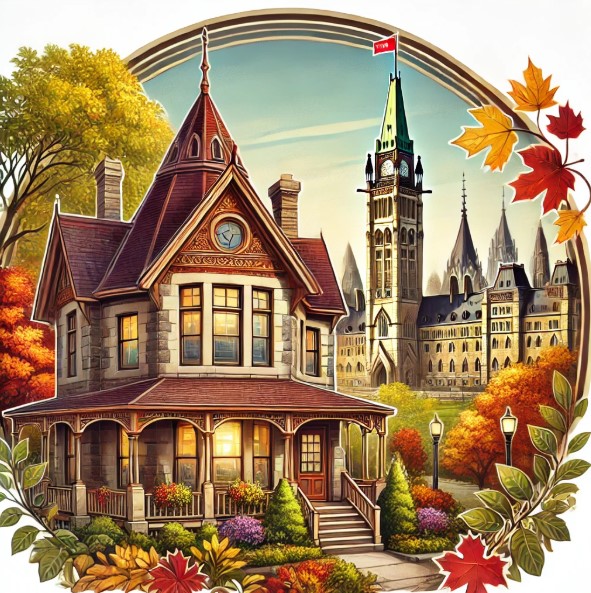
Giving Tuesday, the first Tuesday after Black Friday and Cyber Monday, is a global movement that encourages generosity and community support. It’s a day that reminds us to pause, reflect, and contribute to the causes we care about. This year, I am thrilled to announce that my focus will be on Heritage Ottawa, an organization deeply rooted in preserving the cultural and architectural treasures of our city.
Why Heritage Ottawa?
Ottawa is a city rich in history, where heritage buildings and landmarks tell stories of our past while shaping our community’s identity. Heritage Ottawa plays a vital role in protecting these stories. From advocating for heritage designations to organizing educational programs, this organization ensures that our historic neighborhoods remain a vibrant part of our cityscape.
As a realtor specializing in Ottawa condos, I’ve seen firsthand how heritage enriches the character of neighborhoods. It’s more than preserving old buildings; it’s about maintaining a sense of place that connects us to those who came before us and leaves a legacy for future generations. Supporting Heritage Ottawa is my way of honoring these spaces and the community efforts that sustain them.
How You Can Get Involved
This Giving Tuesday, I invite you to explore the work of Heritage Ottawa and consider supporting their mission. Here are a few ways you can contribute:
- Donate: Even a small financial gift can make a big difference in their advocacy and education efforts.
- Volunteer: Share your time and expertise to help promote heritage awareness in Ottawa.
- Spread the Word: Use your social media channels to highlight Heritage Ottawa’s work and inspire others to support them.
Giving Tuesday is about collective impact. Whether you choose to support Heritage Ottawa, another local cause, or an international charity, your generosity makes the world a better place. I’m proud to align myself with an organization that champions the history and beauty of Ottawa, and I hope you’ll join me in celebrating and preserving what makes our city unique.
Let’s make this Giving Tuesday a meaningful one—together.
For more information about Heritage Ottawa, visit their website at heritageottawa.org.
This Giving Tuesday, let’s focus on the past to shape a brighter future.
- « Previous Page
- 1
- …
- 4
- 5
- 6
- 7
- 8
- …
- 625
- Next Page »

